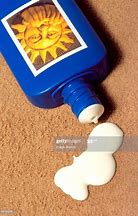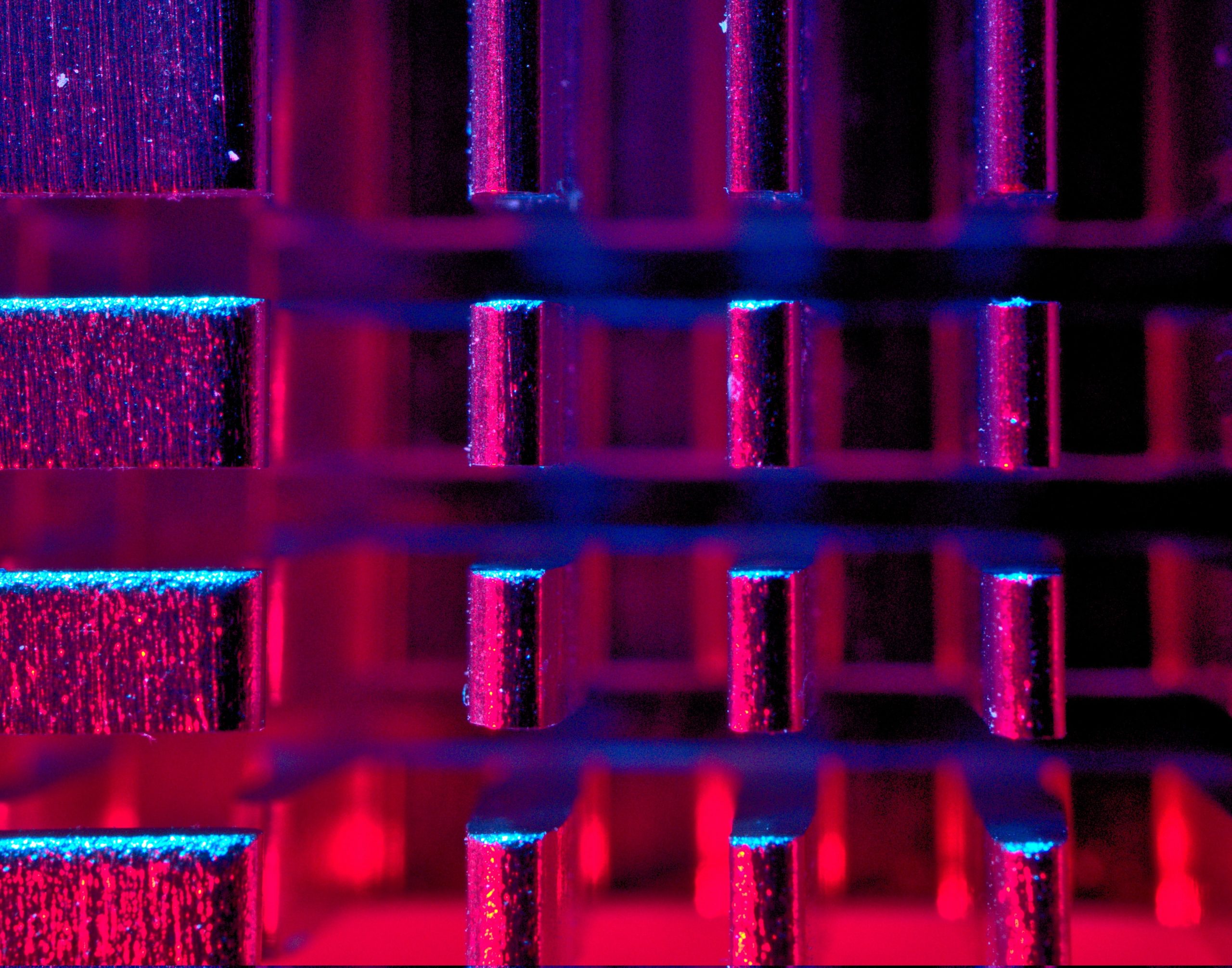By Eva Kastrinos
Throughout years of hearing about climate change and feeling worried, scared and sometimes just plain useless one group of scientists went out looking for solutions. They have created l2O3- Ta2O5-Al2O (aluminum oxide-tantalum pentoxide- aluminum oxide) a fittingly long and complex name, so for our ease, Solarpaint.
Where did this all come from?
They honed in on a type of green energy, solar energy produced by solar panels.
Although this is a great form of energy, solar panels have an efficiency of 15-20%. This means only 15-20% of the sunlight panels absorb is turned into power. So, these scientists focused on finding a cheap and simple way to improve solar panels, a way that governments could not ignore. With this they created Solarpaint, which increases solar panel efficiency by 14%, almost doubling their current efficiency.
So, what is it?
Solarpaint is a coating, a paint, that will be applied on top of solar panels to stop the reflection of light off of them. This may sound strange but a lot of solar panels efficiency is lost because of their reflective surface. Instead of absorbing all the sunlight that reaches them, they reflect over 35% of it back, like a mirror. So the scientists set out on solving this issue, so more of the light that reaches them could be used for power.
But how did they create it?
To find Solarpaint the researchers went through a bunch of compounds and settled on two, Ta2O3 and Al2O, which have great properties.
Ta2O3 has a high dielectric strength. Now this may seem too jargon-y but it’s simple to understand with a little story. Last week I noticed one of the hinges on a window at home had popped off. Although houses in Finland have good insulation, the loose hinge was letting a breeze through the house. So, the insulation wasn’t really useful because the house was still cold. We could say my house has a low protective-strength. If my house had a high protective-strength, it would have sustained the wind and the insulation would have remained useful and intact. So, in terms of dielectric strength, saying Ta2O3 has a high dielectric strength means it will remain a great insulator and stop electricity (wind) from flowing even when put in places with high electric fields (very windy places). This means that it doesn’t heat up very much, because it isn’t conducting electricity (like when you touch a lightbulb that’s off it’s cold, because it’s not conducting electricity).
Now you may be asking yourself why this matters. All solar panels degrade over time and one of the main causes of this is the temperatures they reach; they’re like people, if you’re under the sun a long time you’ll burn. So, using Ta2O3 ensures that the solar panel doesn’t heat up even more, so it does not speed up degradation. It acts like a suncream, protecting the solar panel from heating up.

Finally, the two compounds were chosen because they have no smell, colour, are not toxic, and as explained, they resist high temperatures. After coating a solar cell (a small part of a solar panel) with Solarpaint, they took its temperature and then did the same with an uncoated cell. The results showed that the coated cell had a lower temperature- their ideas had worked! The solar panels worked more efficiently and produced more power because of their Solarpaint.
This discovery could change the world of solar energy, and help progress the use of green energy immensely. By increasing solar panel efficiency cheaply and easily, they present governments with yet another great reason to invest in solar energy.
Rajvikram, M., & Leoponraj, S. (2018). A method to attain power optimality and efficiency in solar panel. Beni-Suef University Journal of Basic and Applied Sciences, 7(4), 705–708. https://doi.org/10.1016/j.bjbas.2018.08.004

Eva,
It’s amazing how much more widespread and cost-effective solar panels have become in my lifetime – here’s hoping that they will soon become ubiquitous!
-Edie